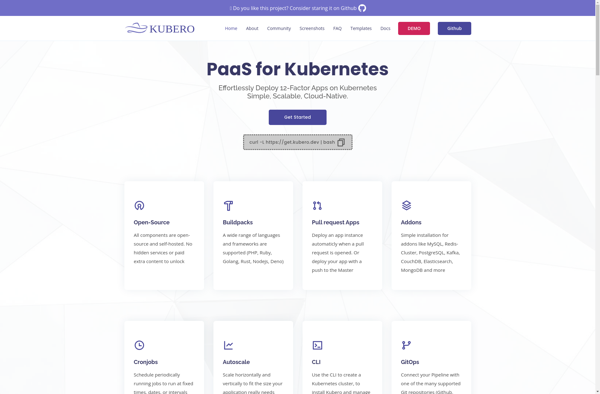Shippable
Shippable: Cloud-Based CI/CD Platform
Shippable is a cloud-based continuous integration and delivery platform that helps teams build, test, and deploy code often and reliably. It integrates with GitHub and other tools to provide automated testing and continuous deployment capabilities.
What is Shippable?
Shippable is a continuous integration and delivery platform designed to help engineering teams build, test, and deploy their code quickly and reliably. Some key features of Shippable include:
- Automated testing every time code is committed to catch bugs and issues early
- Support for all major code repositories and DevOps tools
- Parallel test execution to reduce build time
- Automated deployments to streamline delivery of features
- Insights into build status, test coverage, deployment history, and more
- Integrations with Kubernetes, Docker, and all major cloud providers
- Configuration as code allows you reproduce environments easily
Shippable is used by developers and DevOps teams to achieve continuous integration, delivery, and deployment for both mobile and web applications. Its flexible pipelines support complex workflows across the software delivery lifecycle. Teams can easily run automated UI tests, security scans, load tests, and other checks to improve software quality through Shippable.
The platform is designed to work with any technology stack and is offered through both a SaaS platform and an on-premise enterprise version. With features like parallel pipelines and traceability across builds, Shippable enables teams to accelerate innovation through faster, more reliable deliveries.
Shippable Features
Features
- Continuous integration
- Continuous delivery
- Automated testing
- Integration with GitHub
- Built-in deployment pipelines
- Parallel test execution
- Centralized logs
Pricing
- Free
- Subscription-Based
Pros
Cons
Official Links
Reviews & Ratings
Login to ReviewThe Best Shippable Alternatives
Top Development and Continuous Integration & Delivery and other similar apps like Shippable
Here are some alternatives to Shippable:
Suggest an alternative ❐Jenkins
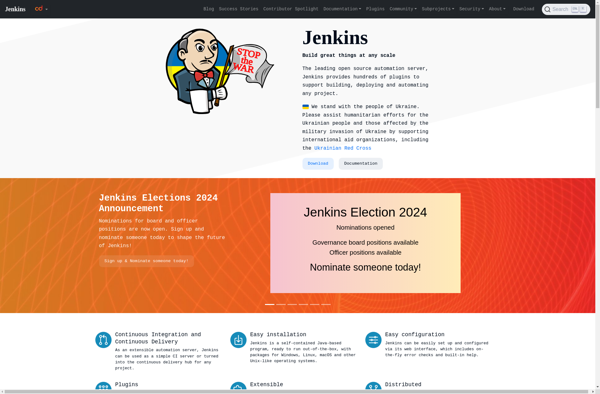
Travis CI
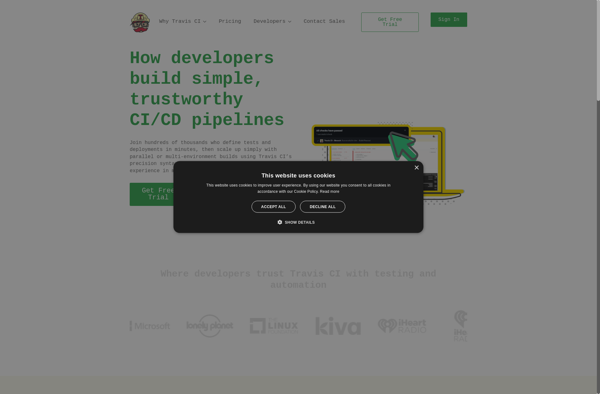
CircleCI
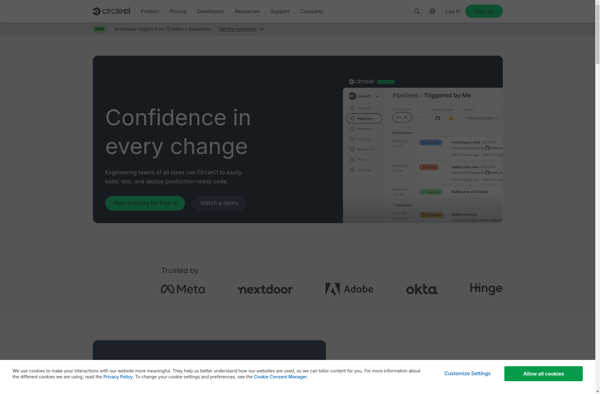
JetBrains TeamCity
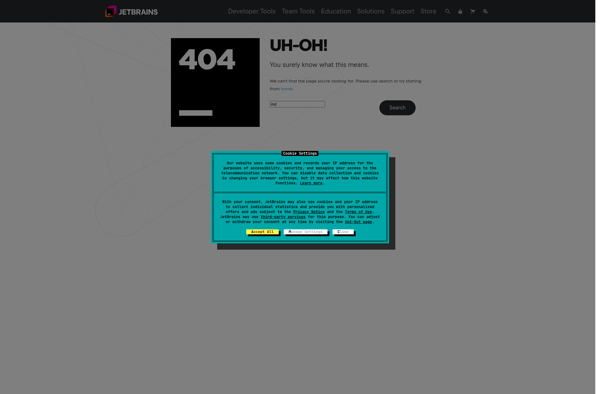
Codeship
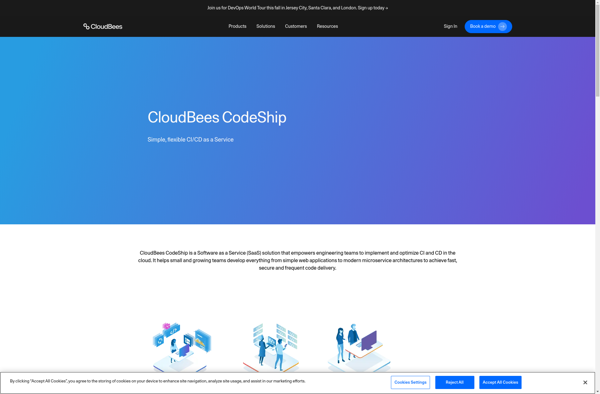
Bamboo Continuous Integration
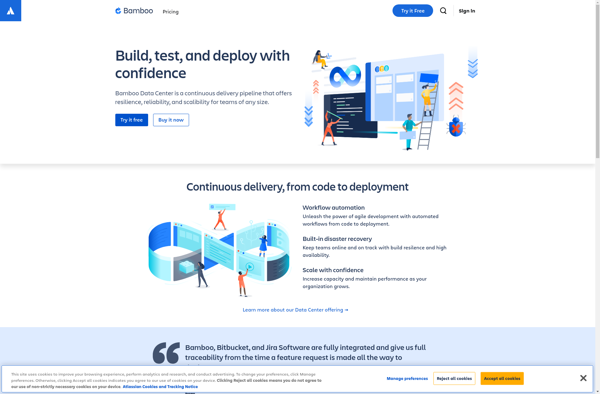
Azure DevOps
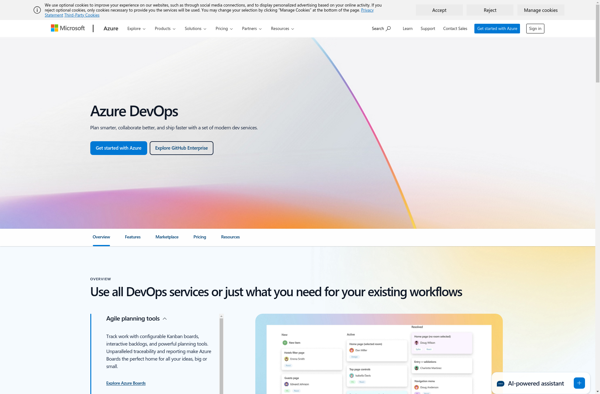
AppVeyor
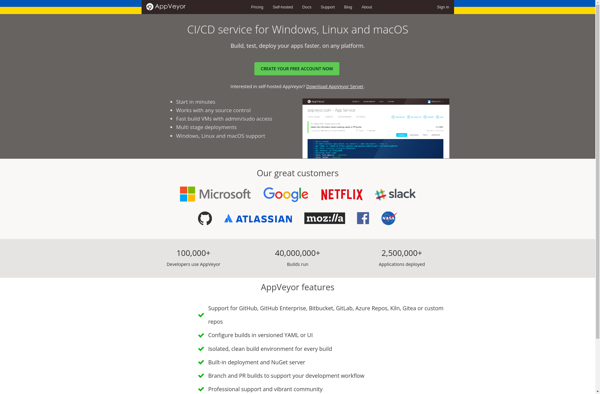
Buildbot
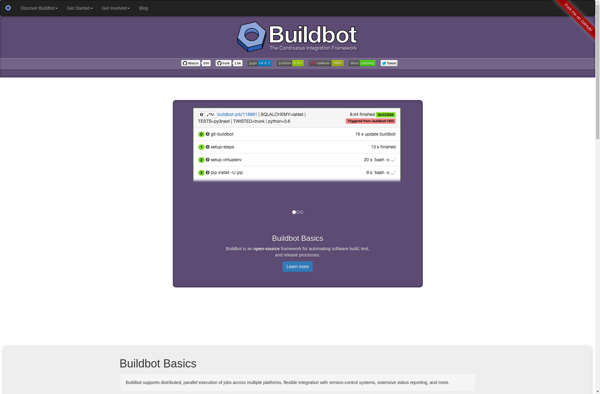
Drone.io
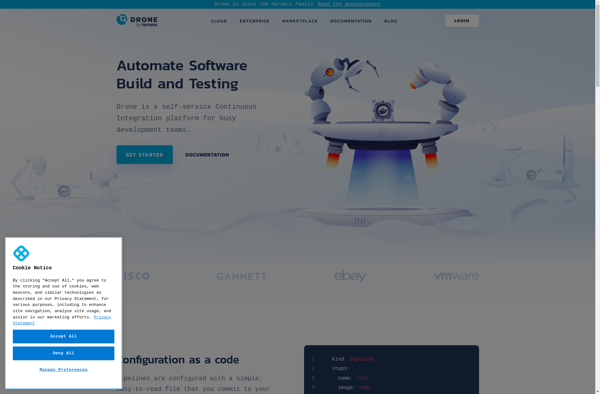
Kubero
